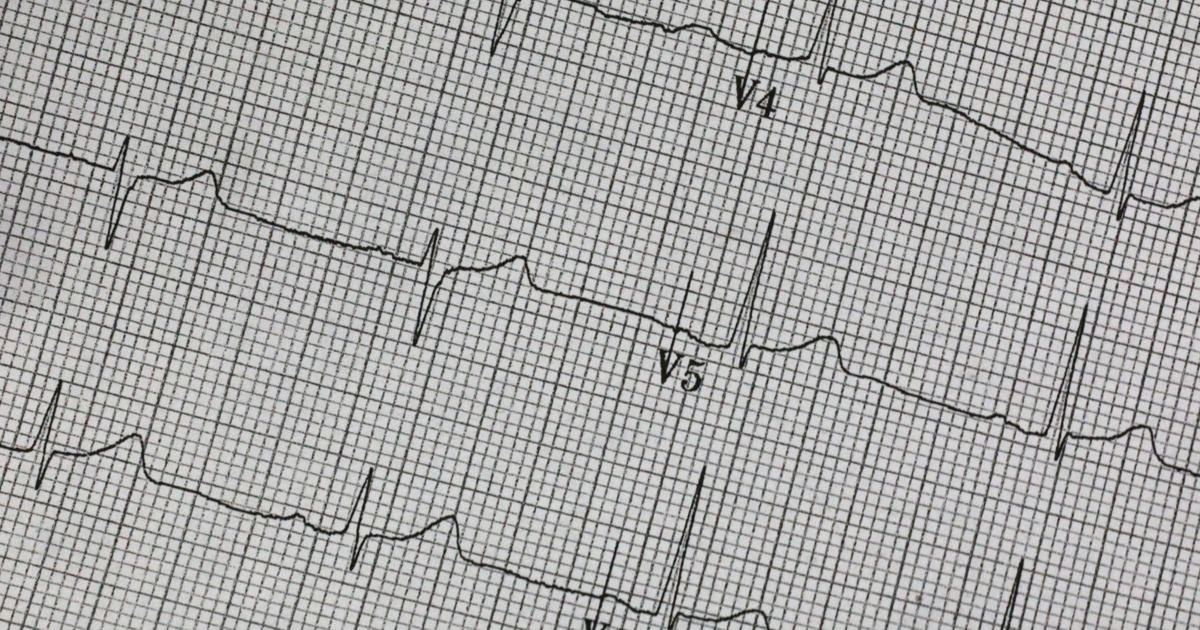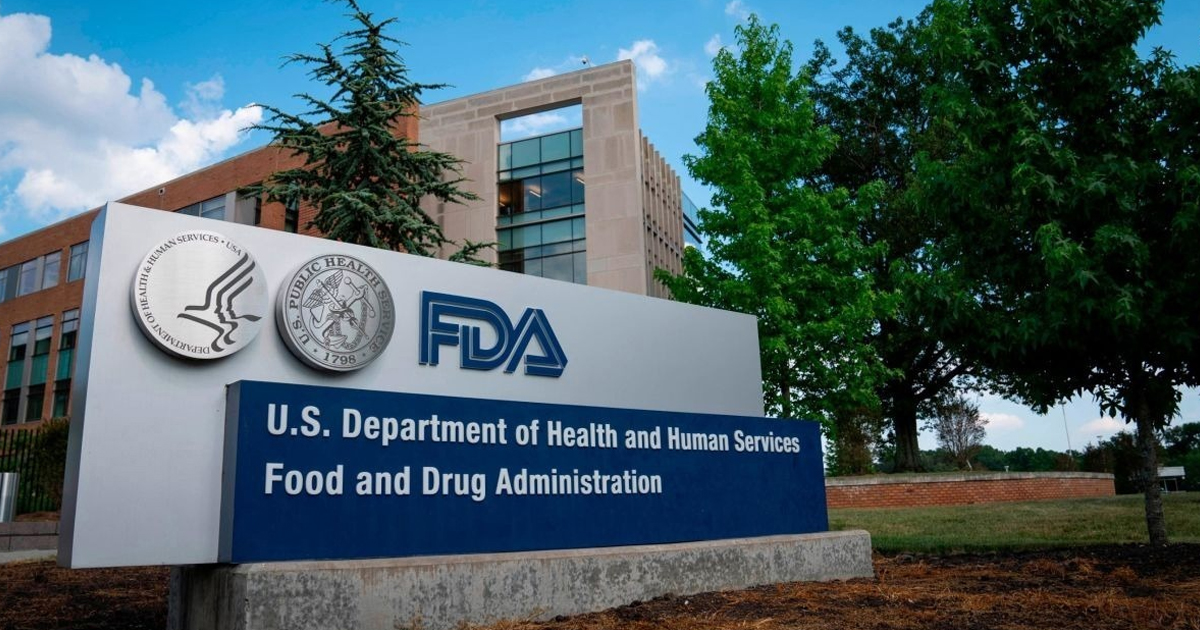Artículo publicado en npj Digital Medicine plantea la importancia de la protección de la privacidad para el uso de datos digitales en sistemas de salud, proponiendo un enfoque que apoye el uso y los beneficios de la divulgación de este tipo de datos para mejorar la salud y la calidad de la atención médica.
La Academia Nacional de Medicina, en Estados Unidos, ha planteado desde hace tiempo la evolución hacia un sistema de atención médica en aprendizaje, es decir que produzca datos de referencia y que sean actualizados de forma constante durante el proceso de atención. Un sistema con estas características busca un equilibrio entre la protección de datos de los pacientes y que los datos estén disponibles para mejorar la atención en los sistemas de salud, así como la atención médica, a través de la investigación.
El artículo: “Protecciones de privacidad para fomentar el uso de datos digitales relevantes para la salud en un sistema de salud que aprende” de los autores DevenMcGraw, especialista en privacidad de datos y Kenneth D. Mandl, director del programa de Informática en Salud en el Boston Children’s Hospital, fue publicado recientemente en la revista Nature explica la importancia de buscar un sistema de atención médica en aprendizaje, y los retos que existen alrededor de las leyes de privacidad en salud en EEUU. “Las leyes de privacidad de la salud de EE. UU. No cubren los datos recopilados por muchas tecnologías digitales de consumo y no se han actualizado para abordar las preocupaciones sobre la entrada de grandes empresas de tecnología en la atención médica”, explican.
El articulo aborda sobre las limitaciones de la Ley de Portabilidad y Responsabilidad de Seguros Médicos de 1996 (HIPAA, por sus siglas en inglés) y la Ley de Tecnología de la Información de Salud para la Salud Económica y Clínica de 2009 (HITECH).

El enfoque propuesto por los autores busca no solo proteger los datos relevantes para la salud, sino la promoción y el uso de datos para el beneficio de mejorar la atención médica. Las protecciones que plantean deberán aplicarse a los organismos y entidades que recopilan esta clase de datos, sin importar si se encuentran cubiertas por las leyes federales de privacidad.
Los autores proponen algunas de las siguientes características:
- Aumento de la transparencia y la elección de los consumidores.
- Limitaciones sobre cómo se pueden recopilar, usar y divulgar los datos de salud frente a depender únicamente del consentimiento.
- Mecanismos para asegurar usos beneficiosos de los datos relevantes para la salud, por ejemplo, juntas de ética de datos independientes, fideicomisos de salud, evaluaciones de impacto y custodios de datos responsables.
- Remedios reforzados para los daños ocasionados por usos malévolos de los datos sanitarios.
- Responsabilidad por el uso de datos anónimos.
To read the full article, click on the following link: https://www.nature.com/articles/s41746-020-00362-8







